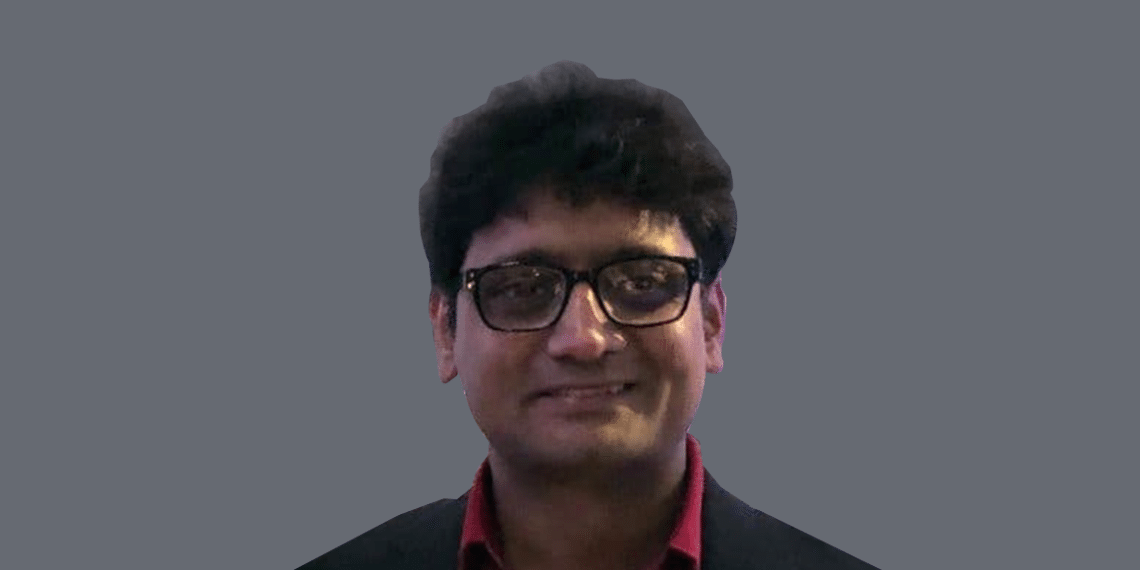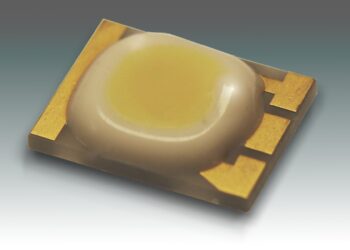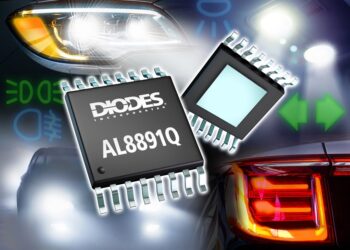Emerging from stealth mode, Baya Systems announces a new software-driven IP technology portfolio that can accelerate complex single-die and multi-die SoC designs. This will provide push to the emerging chiplet economy to enable scalability for large-scale computing and AI processing.
The California-based startup will make its public debut at DAC 2024 at Moscone West in San Francisco. It is advancing chiplet-based, high-performance, and modular semiconductor systems technologies that will accelerate intelligent computing across various sectors. Baya’s technology simplifies development and reduces risks, enabling designers to rapidly analyze, develop, optimize and deploy complex systems. This results in high energy-efficient data movement in single-die designs supporting over 4 terabytes of per second throughput in complex CPU clusters, and multi-petabyte per second throughput in multi-chiplet designs for high-end AI applications.
Baya Systems’ hyper-efficient data movement, customizable with hardware-based coherency, correctness, and robustness to accelerate platforms for AI acceleration, data centers, networking infrastructure, automotive, and IoT applications. Speaking on the occasion, Kevin Krewell, Principal Analyst at TIRIAS Research, said, “The rapid scaling needed to support AI is bottlenecked by silicon, memory, and storage constraints, along with massive data volumes requiring intricate SoCs and chiplets. The industry needs a comprehensive approach to designing and building intelligent fabrics, and Baya appears to provide the necessary solutions.”
Baya Systems’ WeaverPro software platform supports SoC designers from initial specification to post-silicon tuning, while its WeaveIP components build a unified fabric with an efficient, scalable transport architecture to maximize performance and throughput while minimizing latency, silicon footprint and power.
“The semiconductor industry faces a critical challenge in bridging the gap between memory performance and AI processing needs. These challenges include design complexity, energy costs, and systems becoming obsolete by the time they reach the market. Baya Systems offers a foundational software, a ground-up fabric solution, and a methodology to address these issues, unlocking the merchant chiplet market projected to grow to $107 billion by 2033,” stated Dr. Sailesh Kumar, CEO of Baya Systems.
Founded by Kumar, an ex-Intel Fellow and former founder of Netspeed Systems, along with Dr. Eric Norige and Joji Philip, who were also key contributors at Netspeed Systems, Baya Systems is backed by leading investors Matrix Partners and Intel Capital. The company’s leadership team includes veterans from AMD, ARM, Apple, Intel, Meta, and other major processor companies.
“When we invest, we look for key market gaps, disruptive technologies, and teams with a compelling vision and execution ability,” said Stan Reiss, General Partner at Matrix Partners. “Baya addresses the scale and chiplet problem with technology that fosters innovation and a proven team ready to drive market success.”








